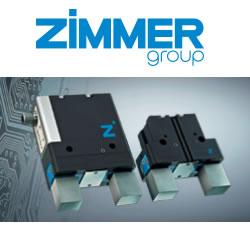Robotic machining has additionally introduced new possibilities for surface texturing on the stone surface, significantly adding to the aesthetics, presenting an innovative and pleasing artistic appearance. The textures would be difficult if not impossible to achieve by any other production process.
Machining Robots Bring Stone Mason's Skills Into The 21st Century


 About Robotmaster
About Robotmaster
Robotmaster® is a product of Jabez Technologies Inc., specialized in dedicated software solutions for industrial automation, manufacturing and robotics since 1996. Robotmaster® seamlessly integrates robot programming, simulation and program generation inside Mastercam®’s industry proven CAD/CAM platform. Robotmaster is ideally suited to program robots for such tasks as trimming, 3D machining, de-burring, polishing, dispensing, grinding and painting, and supports most industrial robot models. For more information please contact us at info@robotmaster.com or visit our website – www.robotmaster.com.
The content & opinions in this article are the author’s and do not necessarily represent the views of RoboticsTomorrow
Featured Product

